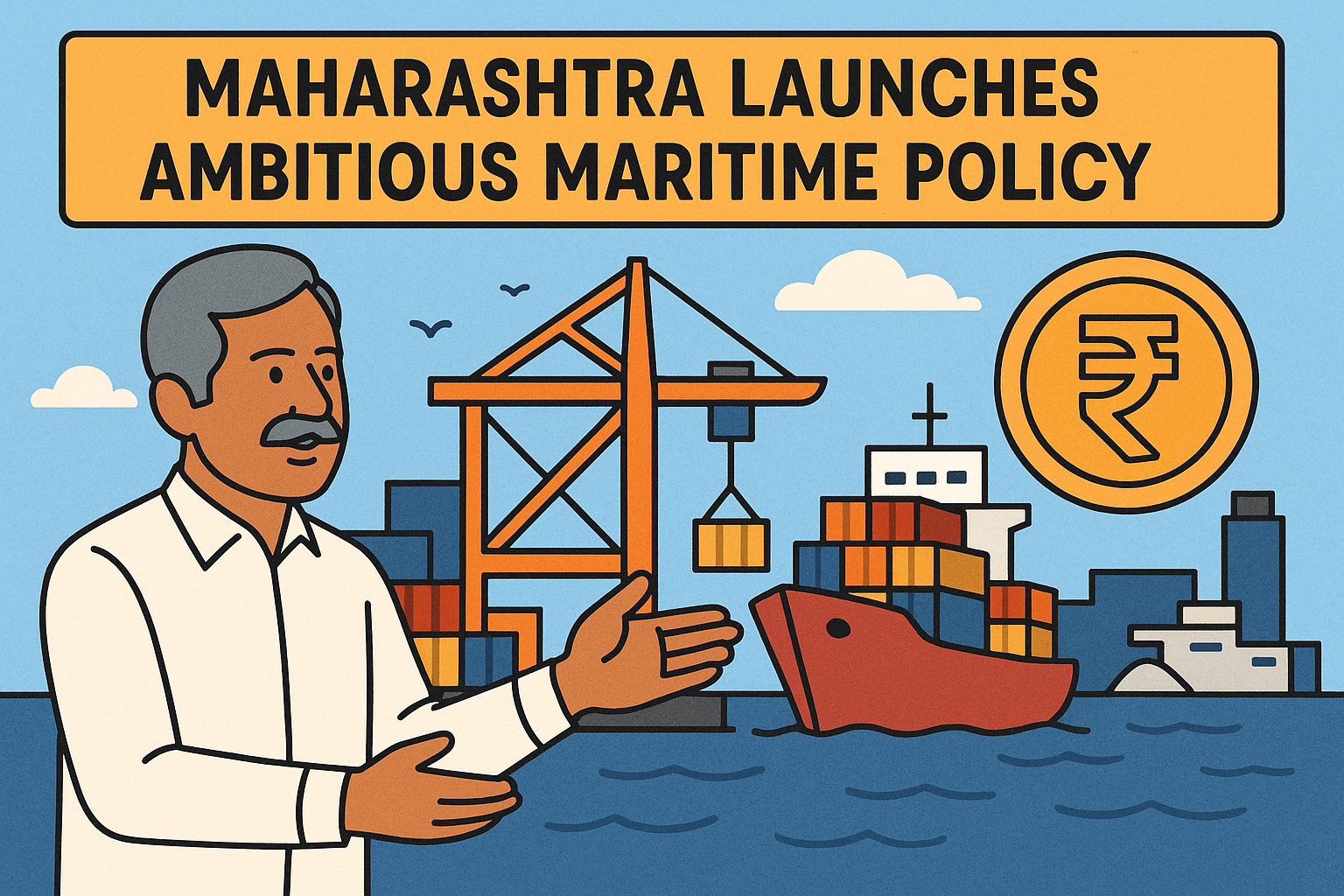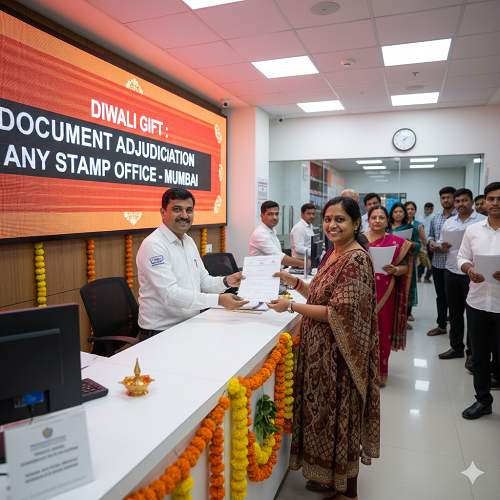
Maharashtra Launches Ambitious Maritime Policy, Targets Major Investment and National Leadership
I will expand the previously provided news article to approximately 600 words, enhancing detail and adding relevant context while maintaining the unique journalistic tone, SEO-friendliness, and news style structure. This length is ideal for delivering comprehensive coverage that engages readers and supports search engine visibility. Maharashtra Launches Ambitious Maritime Policy, Targets Major Investment and National Leadership
Maharashtra has taken a significant step toward establishing itself as a leader in India’s maritime industry with the launch of its Shipbuilding, Ship Repair, and Ship Recycling Policy 2025. Unveiled at the renowned 3rd Global Ports & Shipping Summit held in Mumbai, this policy aims to transform the state into a key hub for shipbuilding and related maritime activities, driving substantial investment and employment opportunities over the next two decades.
The unveiling event saw notable attendees, including Maharashtra’s Fisheries and Ports Minister Nitesh Rane, Transport and Ports Department Additional Chief Secretary Sanjay Sethi, as well as international dignitaries such as Belgium’s Consul General Frank Geerkens and Norway’s Consul General Monica Nagelgaard. The summit underscored Maharashtra’s strategic intent to align closely with India’s broader Maritime Vision initiatives and exemplify proactive state-level policy-making in the shipping sector.
State Government Sets Ambitious Economic Goals
The policy outlines bold targets, aiming to attract investments totaling ₹6,600 crore and generate approximately 40,000 direct jobs by 2030. Longer-term projections extend to 2047—the centenary of India’s independence—by which time Maharashtra aims to have spurred ₹18,000 crore in investments and created over 330,000 jobs across the maritime ecosystem. These numbers not only signify economic growth but also highlight the government’s commitment to positioning Maharashtra as a global maritime manufacturing powerhouse.
The state’s unique geographical location—with an extensive coastline and access to multiple ports—enhances its natural advantage for becoming a pivotal player in India’s maritime infrastructure. Maharashtra’s commitment to this sector is demonstrated by its pioneering move as the first Indian state to craft a dedicated shipbuilding policy, signaling leadership in policy innovation.
Key Features: Innovation, Incentives, and Sustainability
Among the policy’s highlights is a comprehensive financial incentive package designed to stimulate industry participation. Investors and shipbuilders can avail capital subsidies amounting to 15% of investment, alongside grants of up to ₹5 crores to support research and development initiatives targeting advanced shipbuilding technologies. Moreover, the policy prioritizes skill development through targeted training programs, ensuring a ready workforce equipped with the latest maritime industry capabilities.
Maharashtra Maritime Board has been entrusted as the nodal authority to facilitate the ease of doing business in this sector. The Board promises expedited allotment of land for setting up shipyards and associated facilities with competitive tariffs, complemented by streamlined environmental clearance processes managed via the Maharashtra Coastal Zone Environment (MCZE) committee. These procedural simplifications are expected to drastically cut project approval timelines, providing investors with greater certainty and operational efficiency.
Environmental stewardship is a notable pillar of the policy, which pushes for adoption of green technology and sustainability standards in ship recycling, an important global concern. By endorsing cluster-based development models for shipbuilding and repair facilities, Maharashtra aims to promote technological innovation while minimizing environmental footprints and enhancing economic collaboration among maritime stakeholders.
Infrastructure Enhancement and Connectivity Initiatives
Infrastructure development is a cornerstone of Maharashtra’s vision to bolster its maritime sector. Plans are underway to upgrade port facilities, enhance cargo-handling capacities, and develop logistics clusters that support the efficient movement of goods and raw materials. The state’s various minor ports have already demonstrated capacity for substantial cargo throughput, setting the stage for growth.
In addition to physical infrastructure, authorities announced promising initiatives to foster sustainable transport solutions. Mumbai’s imminent water metro launch seeks to alleviate urban congestion through efficient waterways transit, complemented by the introduction of additional Roll-on/Roll-off (Ro-Ro) ferry services in the Konkan region. These developments will provide faster, cost-effective transportation alternatives that reduce road traffic, saving time and fuel, and contributing positively to Maharashtra’s economic and environmental goals.
Strong Support from Government and Industry
The joint presence of Centre and State government representatives at the summit was a clear signal of unified commitment toward maritime industry expansion. Sanjay Sethi, Additional Chief Secretary, emphasized the significant role ports and shipping play in the national economy and highlighted Maharashtra’s rising profile as a maritime growth engine.
Industry experts and investors attending the summit voiced optimism about the conducive business environment fostered by the new policy. They highlighted Maharashtra’s proactive stance, which contrasts with more regulatory-heavy frameworks seen elsewhere. This investor-friendly ambiance is expected to speed project executions and enhance Maharashtra’s appeal as a maritime investment destination.
Looking Ahead
Maharashtra’s shipbuilding policy is more than just an economic plan; it represents a strategic roadmap for future-growth ecosystems in maritime manufacturing, transport, and services. By championing innovation, sustainability, and ease of doing business, Maharashtra is poised to challenge existing industry strongholds, notably Gujarat’s shipbreaking yard at Alang, by 2030.
With strong institutional backing and clear policy direction, Maharashtra is set not only to become a national leader in shipbuilding but to emerge as a critical player in the global maritime structure. The coming years will test the execution of these ambitious plans, but the foundation has been firmly laid for a transformative maritime future in India’s richest coastal state.




